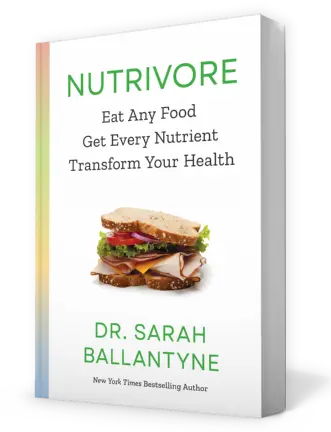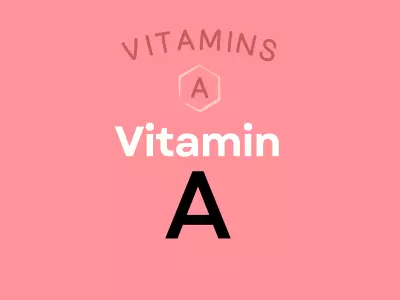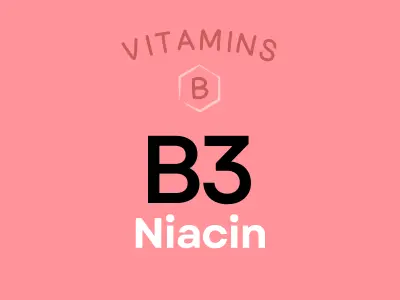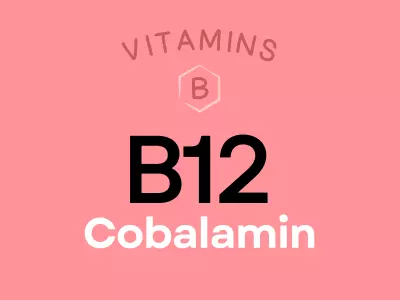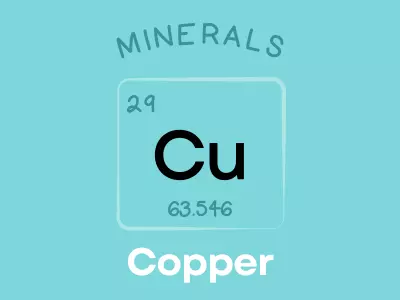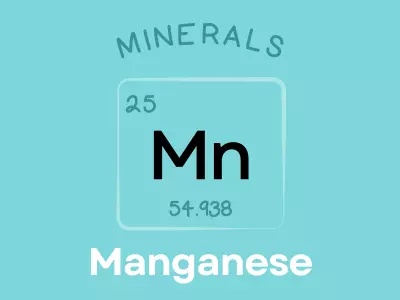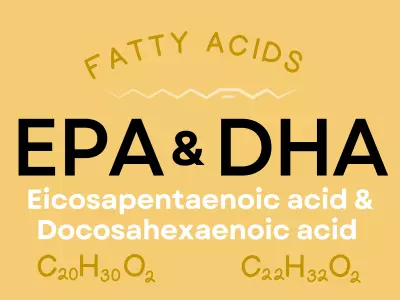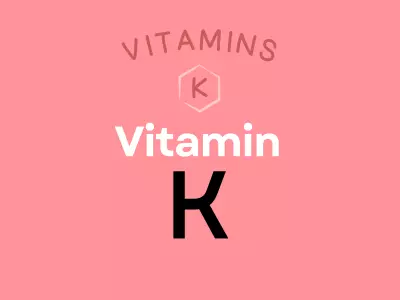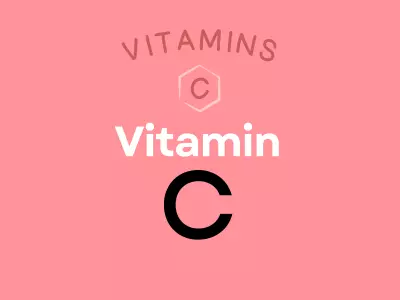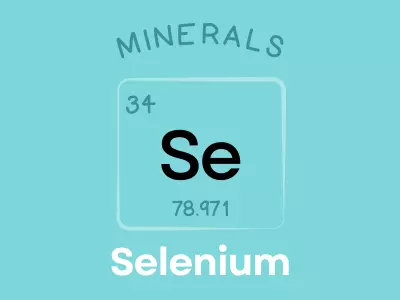Key Takeaways (expand)
- Nutrient shortfalls are common among all popular diet plans. However, once you are aware of which nutrients require special attention, you can take proactive steps to increase nutrient intake or supplement accordingly.
- Vegan and vegetarian diets are commonly deficient in vitamin A, vitamin B3, vitamin B9, vitamin B12, calcium, chromium, copper, iodine, iron, magnesium, manganese, zinc, and omega-3 fats.
- Low-carb diets, such as the Atkins diet and South Beach diet, are commonly deficient in vitamin B2, vitamin B5, vitamin B6, vitamin B9, vitamin D, vitamin E, biotin, choline, calcium, chromium, iodine, iron, magnesium, molybdenum, potassium, zinc, and fiber.
- Low-fat diets are commonly deficient in vitamin A, vitamin D, vitamin E, vitamin K, calcium, and omega-3 fats.
- Calorie-restriction programs, such as Weight Watchers, Jenny Craig, and Intermittent Fasting, are commonly deficient in vitamin A, vitamin B1, vitamin B2, vitamin B3, vitamin C, vitamin E, calcium, iron, magnesium, potassium, and zinc.
- Gluten-free diets are commonly deficient in vitamin D, vitamin B3, vitamin B9, vitamin B12, iron, magnesium, calcium, zinc, and fiber.
- Paleo and primal diets are commonly deficient in calcium, chromium, biotin, folate, choline, vitamin E, vitamin K, vitamin D, vitamin B12, iron, magnesium, manganese, potassium, iodine, selenium.
- Ketogenic diets are commonly deficient in vitamin A, vitamin B2, vitamin B5, vitamin B6, vitamin B9, vitamin E, vitamin D, vitamin K, biotin, choline, calcium, chromium, iodine, iron, magnesium, molybdenum, potassium, selenium, zinc, and fiber.
Table of Contents[Hide][Show]
- Vegan and Vegetarian Diet Common Nutrient Shortfalls
- Low-Carb Diet Common Nutrient Shortfalls
- Low-Fat Diet Common Nutrient Shortfalls
- Low-Calorie Diet Common Nutrient Shortfalls
- Gluten-Free Diet Common Nutrient Shortfalls
- Paleo and Primal Diet Common Nutrient Shortfalls
- Ketogenic Diet Common Nutrient Shortfalls
In the realm of nutrition, the diversity of dietary choices is vast, with each approach offering its own set of benefits and challenges. From vegan and vegetarian diets to low-carb, low-fat, gluten-free, paleo, primal, and ketogenic diets, individuals adopt various eating patterns for reasons ranging from ethical considerations to weight management, health optimization, and the management of specific medical conditions. While these popular diets can bring positive changes to one’s lifestyle, it is crucial to understand the potential nutrient insufficiencies that may arise from altering our food choices.
This comprehensive article aims to shed light on the common nutrient insufficiencies associated with popular diets, equipping readers with the knowledge necessary to make informed decisions and ensure optimal nutrition within the context of their chosen eating plans. By recognizing the potential gaps in specific dietary approaches, individuals can take proactive steps to address these challenges and maintain a well-balanced, nutritionally sound, and sustainable lifestyle.
Vegan and Vegetarian Diet Common Nutrient Shortfalls
In the ever-evolving landscape of dietary choices, vegan and vegetarian lifestyles have garnered significant attention and adoption. These plant-based diets have gained popularity due to ethical concerns, environmental sustainability, and perceived health benefits. While embracing a vegan or vegetarian diet can offer a plethora of advantages, it is essential to navigate the potential nutrient insufficiencies that may arise from these dietary choices.
Vegan and vegetarian diets share a common foundation of plant-derived foods, emphasizing fruits, vegetables, legumes, grains, nuts, and seeds. However, there exists a notable distinction between these two eating patterns. A vegetarian diet typically excludes meat, poultry, and fish, but allows for the inclusion of dairy products and eggs. On the other hand, a vegan diet abstains from all animal products, including dairy, eggs, and any other ingredients derived from animals or that exploits animals for their production, such as honey. This fundamental difference between vegan and vegetarian diets can have significant implications for nutrient intake and potential deficiencies.
While both vegan and vegetarian diets can be rich in fiber, vitamins, minerals, and phytochemicals, the exclusion or limited consumption of animal products can pose challenges in meeting certain nutritional needs. By understanding the specific nutrient shortfalls associated with these plant-based diets, individuals can make informed choices to address these gaps effectively through their dietary selections and, if necessary, appropriate supplementation.
Vegan and vegetarian diets are commonly deficient in vitamin A, vitamin B3, vitamin B9, vitamin B12, calcium, chromium, copper, iodine, iron, magnesium, manganese, zinc, and omega-3 fats.
Learn more about each nutrient and the foods that contain them:
Learn What Foods Are the Best Sources of Every Nutrient

The Top 25 Foods for Every Nutrient
The Top 25 Foods for Every Nutrient e-book is a well-organized, easy-to-use, grocery store-friendly guide to help you choose foods that fit your needs of 43 important nutrients while creating a balanced nutrient-dense diet.
Get two “Top 25” food lists for each nutrient, plus you’ll find RDA charts for everyone, informative visuals, fun facts, serving sizes and the 58 foods that are Nutrient Super Stars!
Buy now for instant digital access.
Low-Carb Diet Common Nutrient Shortfalls
In the pursuit of weight loss, improved metabolic health, and heightened energy levels, low-carbohydrate (low-carb) diets have gained significant popularity. These dietary approaches advocate for a reduction in carbohydrate intake while increasing the consumption of proteins and fats. While low-carb diets can yield promising results for many individuals, it is crucial to understand the potential nutrient insufficiencies that may arise from altering the macronutrient composition of meals.
Low-carb diets revolve around the concept of minimizing carbohydrate consumption, primarily found in foods such as grains, starchy vegetables, fruits, and legumes. Instead, they emphasize higher consumption of proteins, including meat, poultry, fish, and plant-based sources, as well as healthy fats derived from avocados, nuts, seeds, and oils. By reducing carbohydrates, these diets aim to regulate blood sugar levels and optimize macronutrient ratios.
However, it is important to recognize that the restriction of carbohydrates can present challenges in meeting certain nutritional requirements. Carbohydrate-containing foods are not only a source of energy but also provide essential dietary fiber, vitamins, minerals, and other beneficial compounds. Understanding the common nutrient shortfalls in low-carb diets is essential for maintaining a well-balanced and nourishing eating plan. By recognizing these potential deficiencies, individuals can make informed choices to optimize their nutrient intake and support overall health and wellbeing.
Low-carb diets, such as the Atkins diet and South Beach diet, are commonly deficient in vitamin B2, vitamin B5, vitamin B6, vitamin B9, vitamin D, vitamin E, biotin, choline, calcium, chromium, iodine, iron, magnesium, molybdenum, potassium, zinc, and fiber.
Learn more about each nutrient and the foods that contain them:
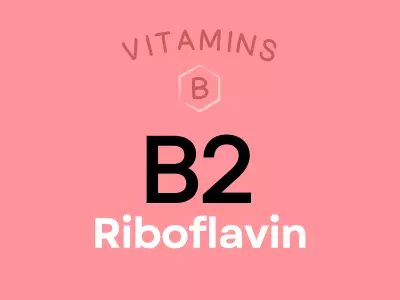
Vitamin B2 (Riboflavin)

Vitamin B5 (Pantothenic Acid)
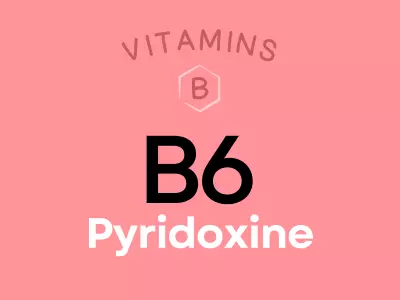
Vitamin B6 (Pyridoxine)
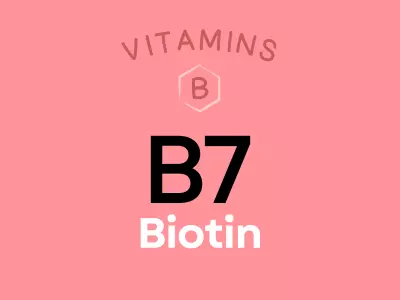
Vitamin B7 (Biotin)
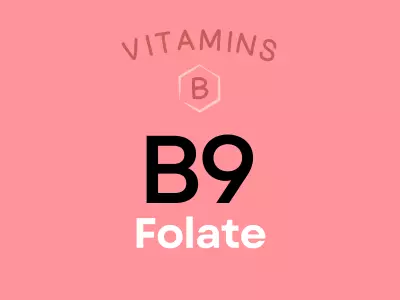
Vitamin B9 (Folate)
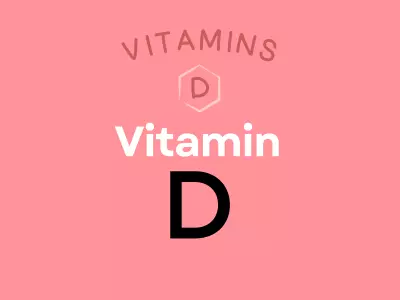
Vitamin D
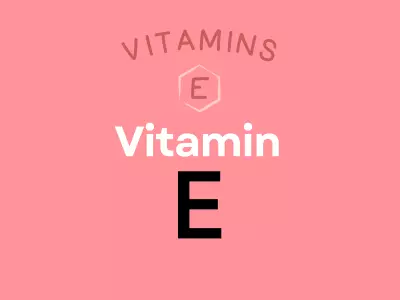
Vitamin E
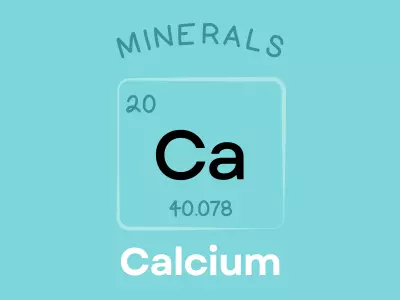
Calcium
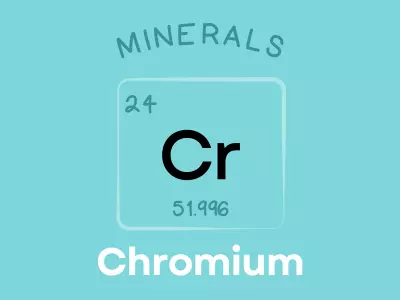
Chromium
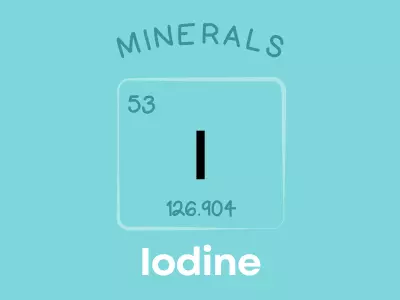
Iodine
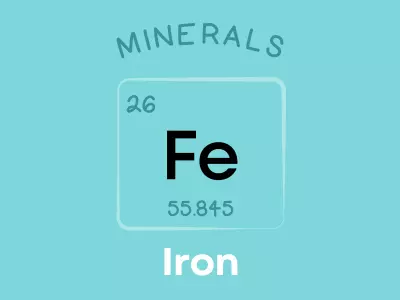
Iron
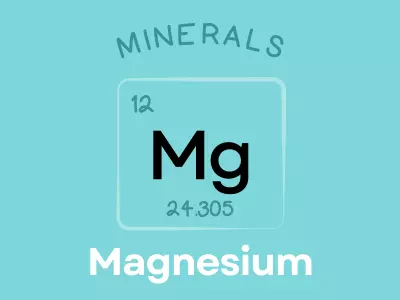
Magnesium
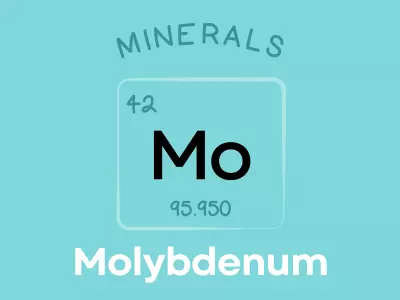
Molybdenum
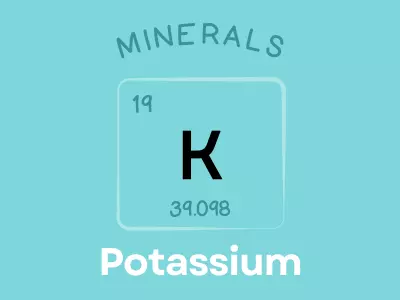
Potassium
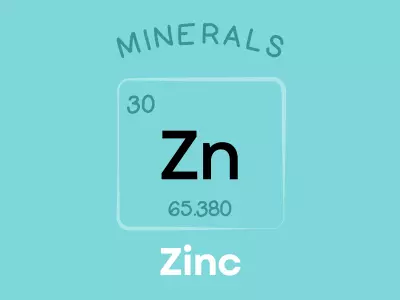
Zinc
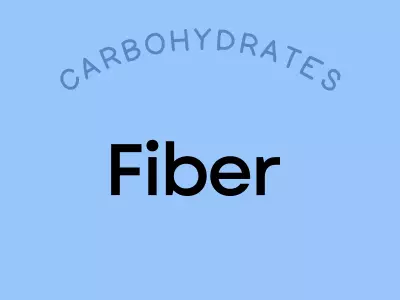
Fiber
Low-Fat Diet Common Nutrient Shortfalls
In the pursuit of weight management, cardiovascular health, and overall well-being, low-fat diets have been a popular choice for many individuals. These dietary approaches emphasize the reduction of dietary fats while increasing the consumption of carbohydrates and proteins. While low-fat diets can offer certain benefits, it is important to explore the potential nutrient insufficiencies that may arise from altering the macronutrient composition of meals.
Low-fat diets typically involve minimizing the intake of fats, particularly saturated and trans fats, which are commonly found in animal products, processed foods, and certain oils. Instead, they prioritize the consumption of carbohydrates, such as whole grains, fruits, and vegetables, along with lean proteins from sources like poultry, fish, legumes, and low-fat dairy products.
While low-fat diets can be beneficial for weight management and cardiovascular health, the reduction in dietary fat can pose challenges in meeting certain nutritional needs. Fats play a vital role in the absorption of fat-soluble vitamins (A, D, E, and K), provide essential fatty acids, and contribute to satiety and taste satisfaction. Understanding the common nutrient shortfalls in low-fat diets is crucial for maintaining a well-balanced and nutritionally adequate eating plan. By recognizing these potential deficiencies, individuals can make informed choices to optimize their nutrient intake and support overall health and wellbeing.
Low-fat diets are commonly deficient in vitamin A, vitamin D, vitamin E, vitamin K, calcium, and omega-3 fats.
Learn more about each nutrient and the foods that contain them:
Ditch Diets. Embrace Nutrients. Start with These 5 Free Guides.
Sign up for the free weekly Nutrivore Newsletter and get 5 high-value downloads—delivered straight to your inbox—that make healthy eating simple and sustainable.
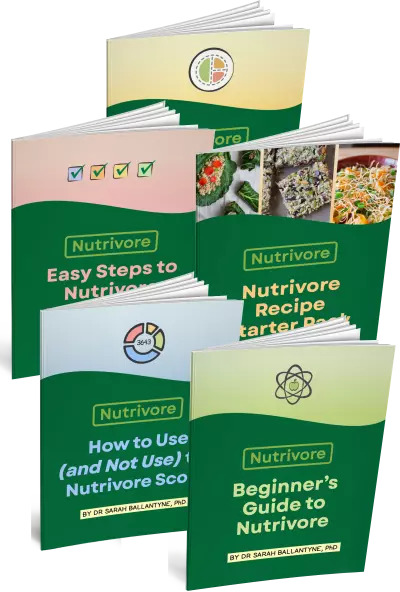
Low-Calorie Diet Common Nutrient Shortfalls
In the quest for weight loss and the beach bod, low-calorie diets have become a popular approach for individuals seeking to shed excess pounds. These dietary programs revolve around calorie restriction, limiting overall energy intake to promote a negative energy balance. While low-calorie diets can be effective for weight loss, it is crucial to understand the potential nutrient insufficiencies that may arise from such a significant reduction in caloric intake.
Low-calorie diets typically involve consuming fewer calories than the body requires for maintenance, often through portion control, meal replacements, or a combination of both. By reducing calorie intake, these diets aim to create an energy deficit that can lead to weight loss over time.
However, with the reduction in overall caloric consumption, there is a risk of inadequate nutrient intake. Essential vitamins, minerals, and other key nutrients may be limited, potentially leading to nutrient insufficiencies if not carefully managed. Understanding the common nutrient shortfalls in low-calorie diets is vital for maintaining a well-balanced and nourishing eating plan, even during periods of weight loss. By recognizing these potential deficiencies, individuals can make informed choices to optimize their nutrient intake and support overall health and well-being.
Calorie-restriction programs, such as Weight Watchers, Jenny Craig, and Intermittent Fasting, are commonly deficient in vitamin A, vitamin B1, vitamin B2, vitamin B3, vitamin C, vitamin E, calcium, iron, magnesium, potassium, and zinc.
Learn more about each nutrient and the foods that contain them:
Gluten-Free Diet Common Nutrient Shortfalls
In recent years, gluten-free diets have gained significant popularity, not only among individuals with celiac disease or gluten sensitivity but also as a perceived healthier eating approach. These dietary choices involve the avoidance of gluten, a protein found in wheat, barley, rye, and related grains. While gluten-free diets can be beneficial for those with specific medical conditions, it is crucial to understand the potential nutrient insufficiencies that may arise from eliminating gluten-containing foods.
Gluten-free diets prioritize the consumption of naturally gluten-free grains, such as rice, quinoa, corn, and gluten-free oats, alongside fruits, vegetables, legumes, lean proteins, and healthy fats. While these diets can still provide a balanced and nutritious eating plan, the exclusion of gluten-containing grains can lead to challenges in meeting certain nutritional needs.
Gluten-containing grains are a significant source of various nutrients, including dietary fiber, B vitamins, iron, and other minerals. By removing these grains from the diet, individuals following a gluten-free lifestyle need to be mindful of obtaining these essential nutrients from alternative sources. Understanding the common nutrient shortfalls in gluten-free diets is crucial for maintaining a well-balanced and nourishing eating plan. By recognizing these potential deficiencies, individuals can make informed choices to optimize their nutrient intake and support overall health and well-being while adhering to a gluten-free lifestyle.
Gluten-free diets are commonly deficient in vitamin D, vitamin B3, vitamin B9, vitamin B12, iron, magnesium, calcium, zinc, and fiber.
Learn more about each nutrient and the foods that contain them:
Everything You Need to Jump into Nutrivore TODAY!
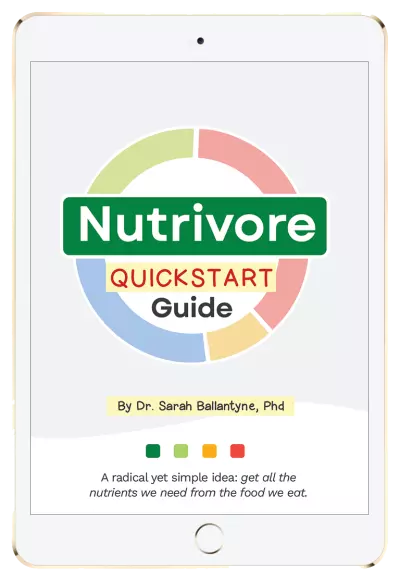
Nutrivore Quickstart Guide
The Nutrivore Quickstart Guide e-book explains why and how to eat a Nutrivore diet, introduces the Nutrivore Score, gives a comprehensive tour of the full range of essential and important nutrients!
Plus, you’ll find the Top 100 Nutrivore Score Foods, analysis of food groups, practical tips to increase the nutrient density of your diet, and look-up tables for the Nutrivore Score of over 700 foods.
Buy now for instant digital access.
Paleo and Primal Diet Common Nutrient Shortfalls
In the realm of ancestral eating patterns, paleo and primal diets have gained considerable attention for their focus on consuming whole, unprocessed foods. These dietary approaches aim to mimic the dietary habits of our ancient ancestors, emphasizing the exclusion or limitation of modern-day processed foods, grains, and legumes. While both paleo and primal diets offer potential health benefits, it is crucial to understand the distinct nutrient considerations that arise from their differing approaches to dairy consumption.
Paleo diets strictly exclude dairy products, following the premise that our early human ancestors did not consume dairy. Instead, paleo diets emphasize the consumption of lean meats, fish, fruits, vegetables, nuts, seeds, and healthy fats derived from sources like avocados, olive oil, and coconut oil. On the other hand, primal diets maintain the ancestral principles but allow for the inclusion of grass-fed, full-fat dairy products. Primal diets recognize that certain ancestral populations did consume dairy, particularly from grass-fed sources, and consider it a valuable nutrient source. Alongside other whole foods, primal diets emphasize high-quality dairy products like grass-fed butter, ghee, yogurt, and cheese.
However, even with the inclusion of dairy in primal diets, both paleo and primal lifestyles may present challenges in meeting certain nutritional needs. The exclusion of grains and legumes, in particular, can impact the intake of dietary fiber, B vitamins, and other essential nutrients that are commonly found in these food groups. Understanding the common nutrient shortfalls in paleo and primal diets is crucial for maintaining a balanced and nourishing eating plan. By recognizing these potential deficiencies, individuals can make informed choices to optimize their nutrient intake and support overall health and well-being while adhering to these ancestral-inspired diets.
Paleo and primal diets are commonly deficient in calcium, chromium, biotin, folate, choline, vitamin E, vitamin K, vitamin D, vitamin B12, iron, magnesium, manganese, potassium, iodine, selenium.
Learn more about each nutrient and the foods that contain them:
Ketogenic Diet Common Nutrient Shortfalls
While many people use ketogenic diets as a weight loss approach, they’re actually best known for their therapeutic potential in managing certain medical conditions. These dietary interventions involve a profound reduction in carbohydrate intake, replacing it with higher fat consumption and moderate protein levels. While ketogenic diets can be effective in treating specific medical conditions such as refractory epilepsy, it is important to explore the potential nutrient insufficiencies that may arise from altering the macronutrient ratios.
Ketogenic diets are most notably known for inducing a metabolic state called ketosis, in which the body primarily relies on fat for fuel instead of carbohydrates, also known as nutritional starvation, tricking the body into a metabolic state normally only seen when you’re starving, but providing sufficient energy to prevent the normal consequence of starvation (death). By significantly limiting carbohydrate intake and moderating protein consumption, these diets prompt the liver to produce ketones, which serve as an alternative energy source. Ketogenic diets should always be undertaken under medical supervision.
While ketogenic diets have demonstrated promising results in managing conditions like refractory epilepsy, the exclusion of carbohydrate-rich foods can pose challenges in meeting certain nutritional needs. Carbohydrate-containing foods not only provide energy but also contribute to dietary fiber, vitamins, minerals, and other essential compounds that support overall health. Understanding the common nutrient shortfalls in ketogenic diets is crucial for maintaining a well-balanced and nourishing eating plan, particularly when these diets are adopted for medical purposes. By recognizing these potential deficiencies, individuals can make informed choices to optimize their nutrient intake and support overall health and well-being while following a ketogenic lifestyle.
Ketogenic diets are commonly deficient in vitamin A, vitamin B2, vitamin B5, vitamin B6, vitamin B9, vitamin E, vitamin D, vitamin K, biotin, choline, calcium, chromium, iodine, iron, magnesium, molybdenum, potassium, selenium, zinc, and fiber.
Learn more about each nutrient and the foods that contain them:
Ready to Make Healthy Eating Feel Effortless?

Join the FREE 90-day Nutrivore90 Challenge and build lasting habits with no food rules, no guilt—just real progress.
- Weekly downloads, journal prompts, and reflection tools—all completely free.
- Focus on nutrient density, not restriction
- Starts September 1st!
Citations
Expand to see all scientific references for this article.
Calton JB. Prevalence of micronutrient deficiency in popular diet plans. J Int Soc Sports Nutr. 2010 Jun 10;7:24. doi: 10.1186/1550-2783-7-24.
Chenard CA, Rubenstein LM, Snetselaar LG, Wahls TL. Nutrient Composition Comparison between the Low Saturated Fat Swank Diet for Multiple Sclerosis and Healthy U.S.-Style Eating Pattern. Nutrients. 2019 Mar 13;11(3):616. doi: 10.3390/nu11030616.
Churuangsuk C, Griffiths D, Lean MEJ, Combet E. Impacts of carbohydrate-restricted diets on micronutrient intakes and status: A systematic review. Obes Rev. 2019 Aug;20(8):1132-1147. doi: 10.1111/obr.12857.
Damms-Machado A, Weser G, Bischoff SC. Micronutrient deficiency in obese subjects undergoing low calorie diet. Nutr J. 2012 Jun 1;11:34. doi: 10.1186/1475-2891-11-34.
G Engel M, J Kern H, Brenna JT, H Mitmesser S. Micronutrient Gaps in Three Commercial Weight-Loss Diet Plans. Nutrients. 2018 Jan 20;10(1):108. doi: 10.3390/nu10010108.
Gardner CD, Kim S, Bersamin A, Dopler-Nelson M, Otten J, Oelrich B, Cherin R. Micronutrient quality of weight-loss diets that focus on macronutrients: results from the A TO Z study. Am J Clin Nutr. 2010 Aug;92(2):304-12. doi: 10.3945/ajcn.2010.29468.
González T, Larretxi I, Vitoria JC, Castaño L, Simón E, Churruca I, Navarro V, Lasa A. Celiac Male’s Gluten-Free Diet Profile: Comparison to that of the Control Population and Celiac Women. Nutrients. 2018 Nov 8;10(11):1713. doi: 10.3390/nu10111713.
Nebl J, Schuchardt JP, Ströhle A, Wasserfurth P, Haufe S, Eigendorf J, Tegtbur U, Hahn A. Micronutrient Status of Recreational Runners with Vegetarian or Non-Vegetarian Dietary Patterns. Nutrients. 2019 May 22;11(5):1146. doi: 10.3390/nu11051146.
Prudencio MB, de Lima PA, Murakami DK, Sampaio LPB, Damasceno NRT. Micronutrient supplementation needs more attention in patients with refractory epilepsy under ketogenic diet treatment. Nutrition. 2021 Jun;86:111158. doi: 10.1016/j.nut.2021.111158.
Schüpbach R, Wegmüller R, Berguerand C, Bui M, Herter-Aeberli I. Micronutrient status and intake in omnivores, vegetarians and vegans in Switzerland. Eur J Nutr. 2017 Feb;56(1):283-293. doi: 10.1007/s00394-015-1079-7.
Szaflarska-Popławska A, Dolińska A, Kuśmierek M. Nutritional Imbalances in Polish Children with Coeliac Disease on a Strict Gluten-Free Diet. Nutrients. 2022 Sep 24;14(19):3969. doi: 10.3390/nu14193969.
Unalp-Arida A, Liu R, Ruhl CE. Nutrient intake differs among persons with celiac disease and gluten-related disorders in the United States. Sci Rep. 2022 Apr 2;12(1):5566. doi: 10.1038/s41598-022-09346-y.


